President Donald Trump announced Thursday that he plans to meet Russian President Vladimir Putin in Budapest, Hungary, in a bid to end the war in Ukraine. No specific date has been set, but Trump described the initiative as building on “great progress” made during a recent phone conversation with Putin.
The announcement comes as Trump positions himself as a mediator on two of the world’s most intractable conflicts. Fresh from brokering a fragile ceasefire and hostage arrangement in Gaza, he is now turning his focus to Europe’s largest armed conflict since World War II. “Interestingly, we made progress today, because of what’s happened in the Middle East,” Trump said Wednesday evening while addressing supporters.
Ahead of the planned meeting with Putin, US officials, led by Secretary of State Marco Rubio, will hold discussions with Russian representatives next week, although the location of that meeting has yet to be confirmed. These preparatory talks aim to lay the groundwork for a potential breakthrough in a conflict entering its fourth year.
Trump has indicated that he is considering providing Kyiv with long-range Tomahawk missiles, which would allow Ukrainian forces to strike deep into Russian territory. Ukrainian President Volodymyr Zelenskyy has repeatedly pressed for these weapons, arguing they would create operational pressure on Moscow and incentivise direct negotiations.
Trump previously signalled this approach during his trip to Israel, telling reporters, “Do they want to have Tomahawks going in that direction? I don’t think so. I think I might speak to Russia about that.”
While ending the wars in Gaza and Ukraine has been central to Trump’s 2024 reelection campaign, he has so far faced the same diplomatic impasses as his predecessors, with Putin reluctant to engage in direct talks with Zelenskyy. Nevertheless, the recent Gaza truce has emboldened Trump, who is now signalling readiness to increase pressure on Russia should the talks stall.
Impact Shorts
More ShortsEarlier this week in Jerusalem, Trump also highlighted the broader strategic context, suggesting that the Gaza ceasefire could pave the way for improved relations between Israel and its Middle Eastern neighbours. Yet he made clear that ending the Ukraine conflict remains his top foreign policy priority. “First we have to get Russia done,” he said, turning to his special envoy Steve Witkoff, who has also served as his chief interlocutor with Moscow.
Trump’s planned engagement in Budapest highlighted the U.S. administration’s continuing effort to leverage West Asian diplomacy into progress on European security.
Trump weighs Tomahawks for Ukraine
Trump is set to host Zelenskyy for talks Friday, their fourth face-to-face meeting this year.
Ahead of the meeting, Trump has said he’s weighing selling Kyiv long-range Tomahawk cruise missiles. Putin has made clear that providing Ukraine with Tomahawks would cross a red line and further damage relations between Moscow and Washington.
But Trump has been undeterred.
“He’d like to have Tomahawks,” Trump said of Zelenskyy on Tuesday. “We have a lot of Tomahawks.”
Agreeing to sell Ukraine Tomahawks would be a splashy move, said Mark Montgomery, an analyst at the conservative Foundation for Defence of Democracies in Washington. But it could take years to supply and train Kyiv on the Tomahawk system.
Montgomery said Ukraine could be better served in the near term with a surge of Extended Range Attack Munition, or ERAM, missiles and Army Tactical Missile System, known as ATACMS. The U.S. already approved the sale of up to 3,350 ERAMs to Kyiv earlier this year.
The Tomahawk, with a range of about 995 miles (1,600 kilometers), would allow Ukraine to strike far deeper in Russian territory than either the ERAM (about 285 miles, or 460 km) or ATACMS (about 186 miles, or 300 kilometers).
“To provide Tomahawks is as much a political decision as it is a military decision,” Montgomery said. “The ERAM is shorter range, but this can help them put pressure on Russia operationally, on their logistics, the command and control, and its force disbursement within several hundred kilometers of the front line. It can be very effective.”
Signs of White House interest in new Russia sanctions
Zelenskyy is expected to reiterate his plea to Trump to hit Russia’s economy with further sanctions, something the Republican, to date, has appeared reluctant to do.
Congress has weighed legislation that would lead to tougher sanctions on Moscow, but Trump has largely focused his attention on pressuring NATO members and other allies to cut off their purchases of Russian oil, the engine fuelling Moscow’s war machine. To that end, Trump said Wednesday that India, which became one of Russia’s biggest crude buyers after the Ukraine invasion, had agreed to stop buying oil from Moscow.
Waiting for Trump’s blessing is legislation in the Senate that would impose steep tariffs on countries that purchase Russia’s oil, gas, uranium and other exports in an attempt to cripple Moscow economically.
Though the president hasn’t formally endorsed it — and Republican leaders do not plan to move forward without his support — the White House has shown, behind the scenes, more interest in the bill in recent weeks.
Administration officials have gone through the legislation in depth, offering line edits and requesting technical changes, according to two officials with knowledge of the discussions between the White House and the Senate. That has been interpreted on Capitol Hill as a sign that Trump is getting more serious about the legislation, sponsored by close ally Sen. Lindsey Graham, R-S.C., along with Sen. Richard Blumenthal, D-Conn.
A White House official said the administration is working with lawmakers to make sure that “introduced bills advance the president’s foreign policy objectives and authorities.” The official, who was granted anonymity to discuss private deliberations, said any sanctions package needs to give the president “complete flexibility.”
Treasury Secretary Scott Bessent said Wednesday the administration is waiting for greater buy-in from Europe, which he noted faces a bigger threat from Russian aggression than the US does.
“So all I hear from the Europeans is that Putin is coming to Warsaw,” Bessent said. “There are very few things in life I’m sure about. I’m sure he’s not coming to Boston. So, we will respond … if our European partners will join us.”
With inputs from agencies


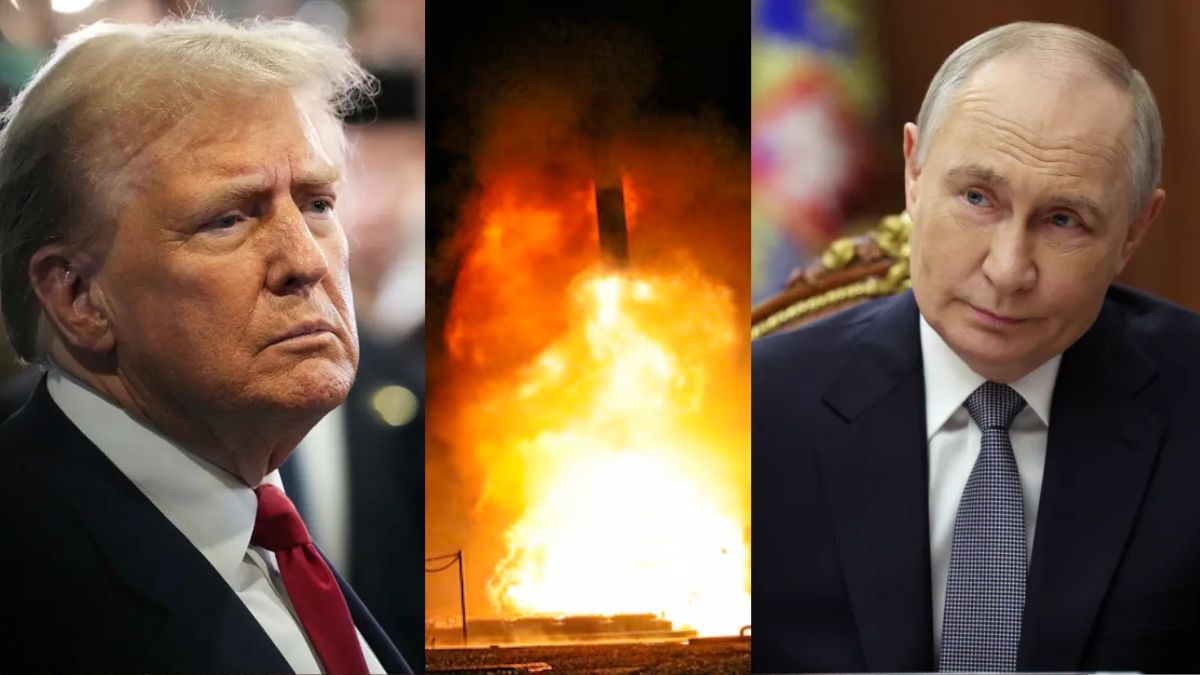)
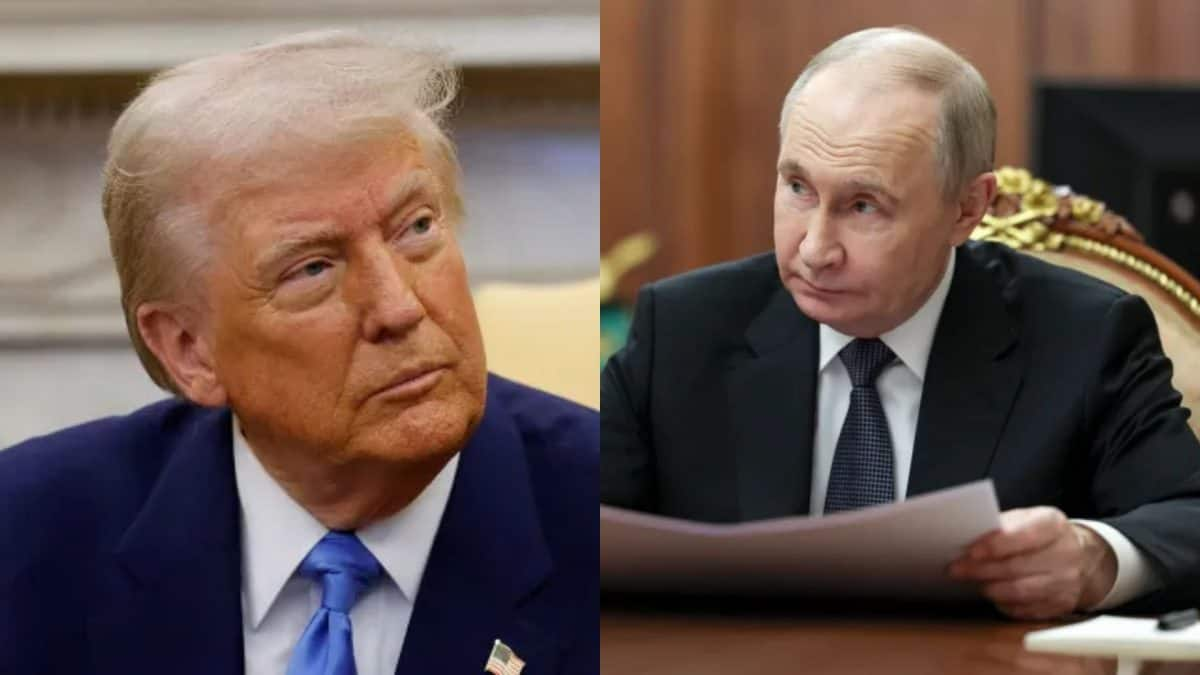
)
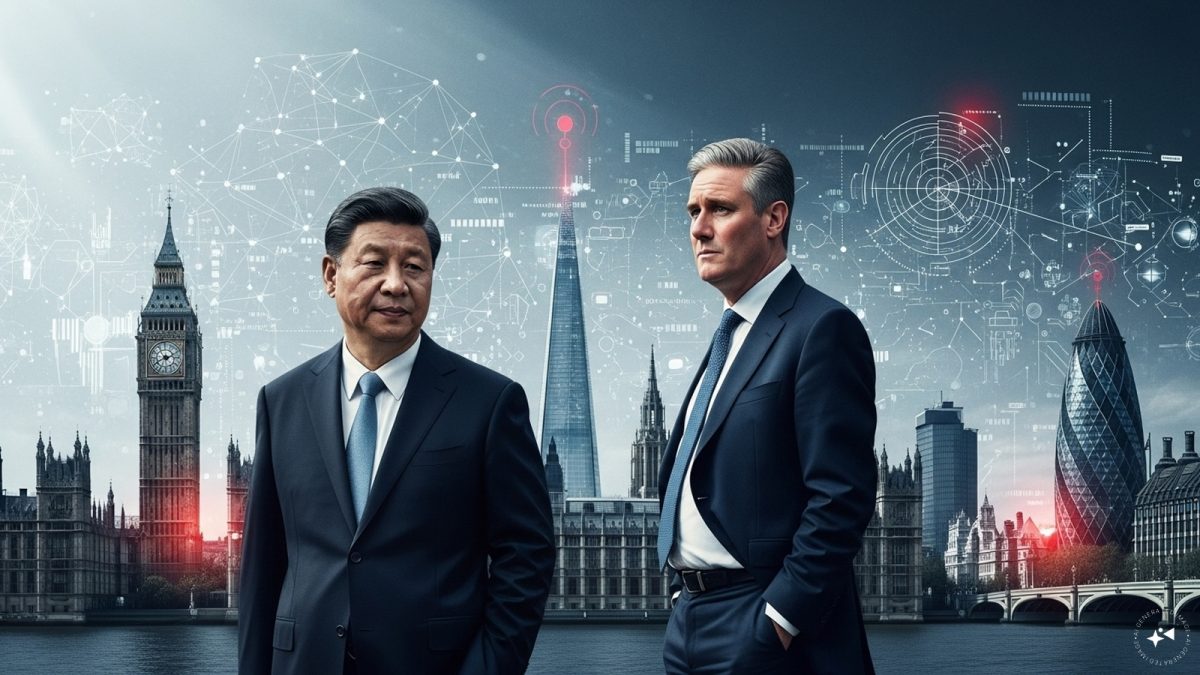)
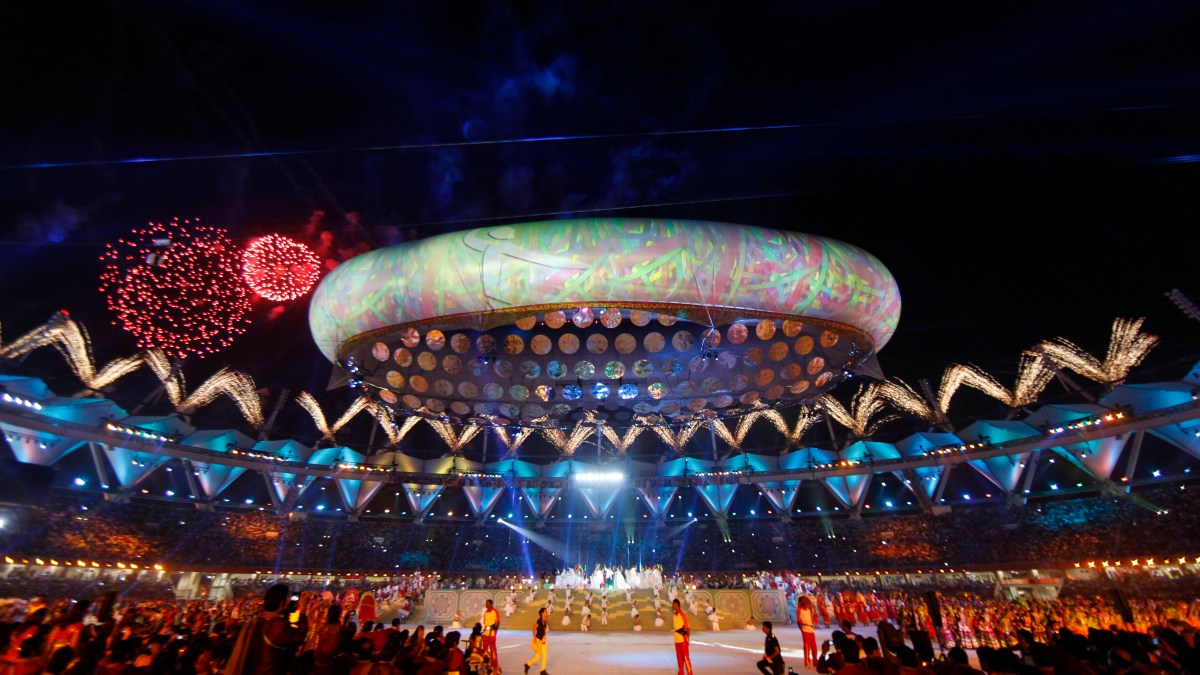)
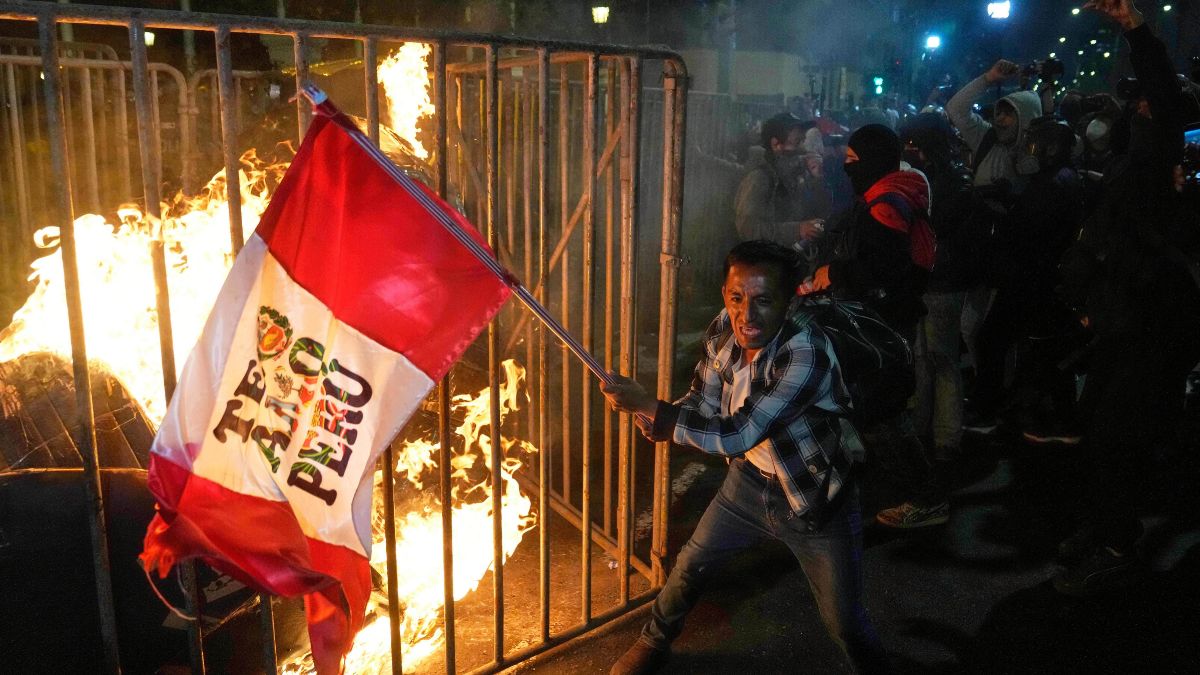)
)
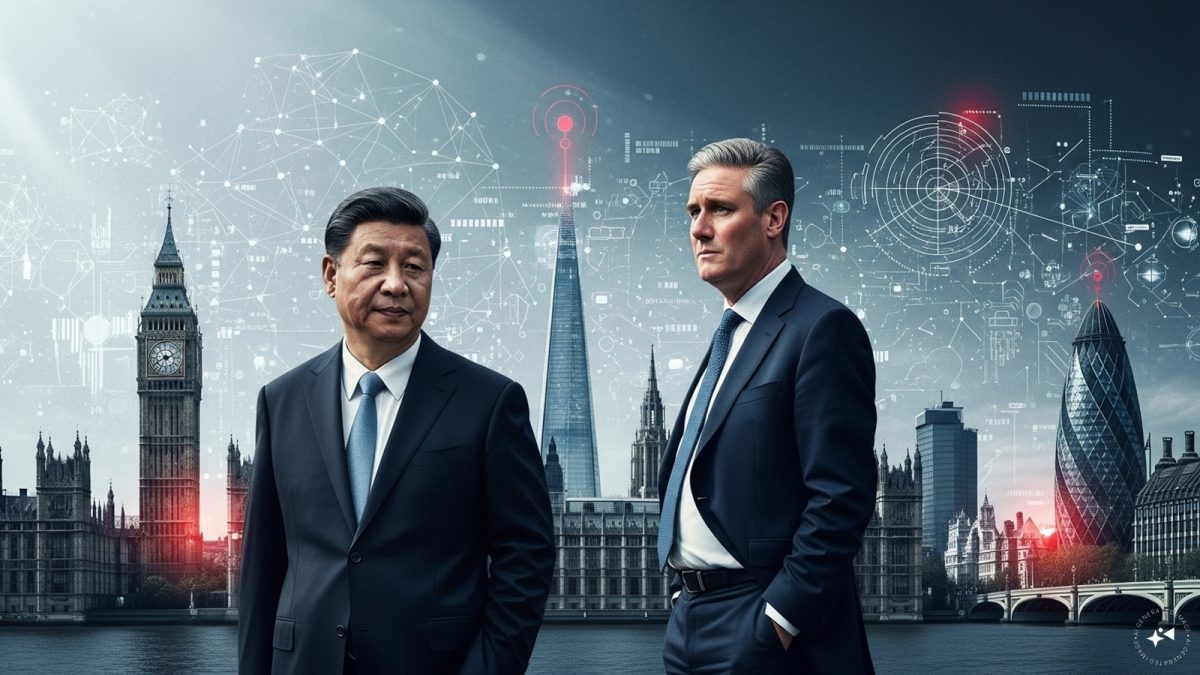)
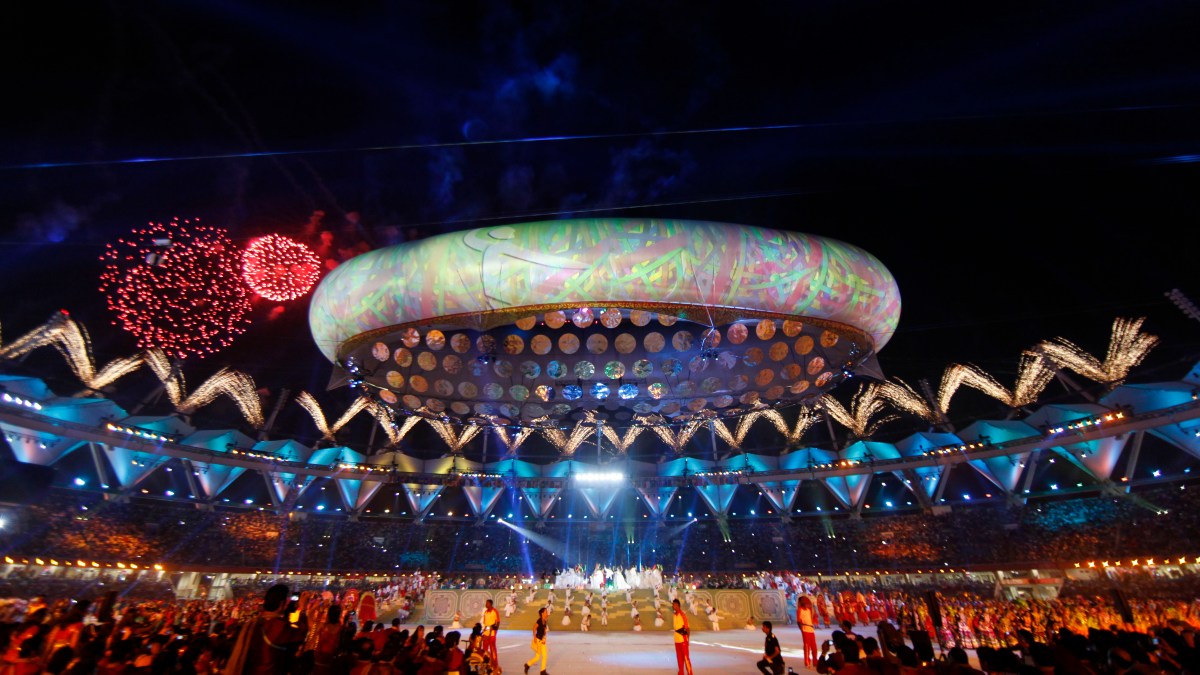)
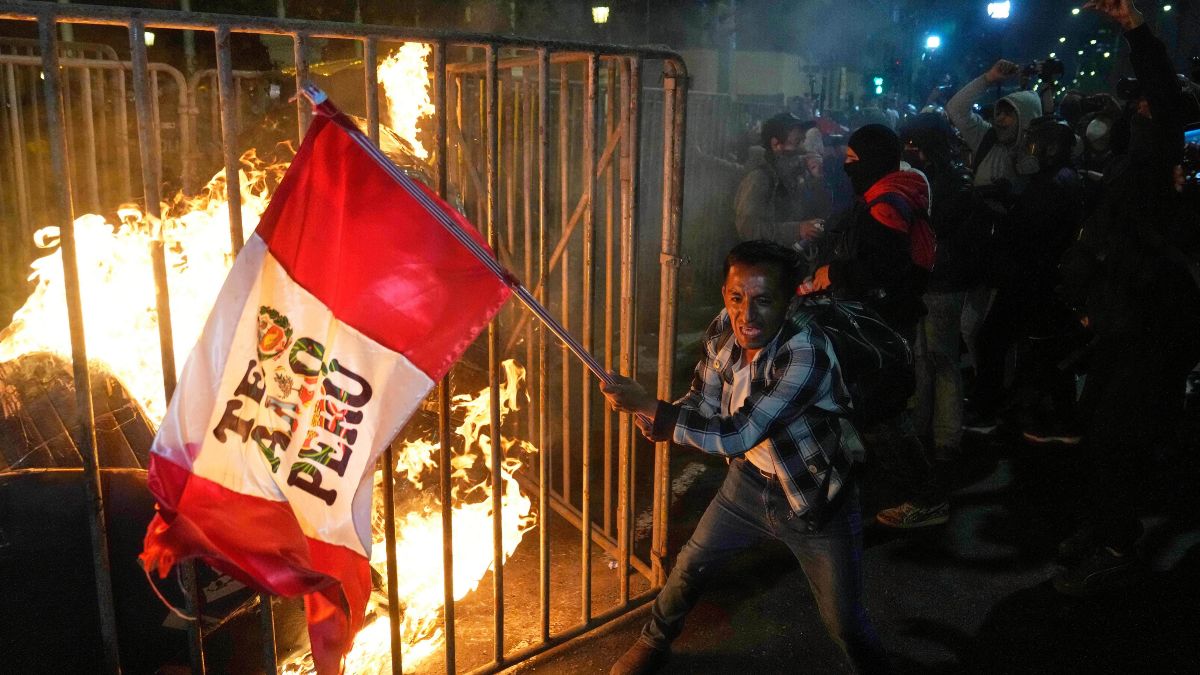)



